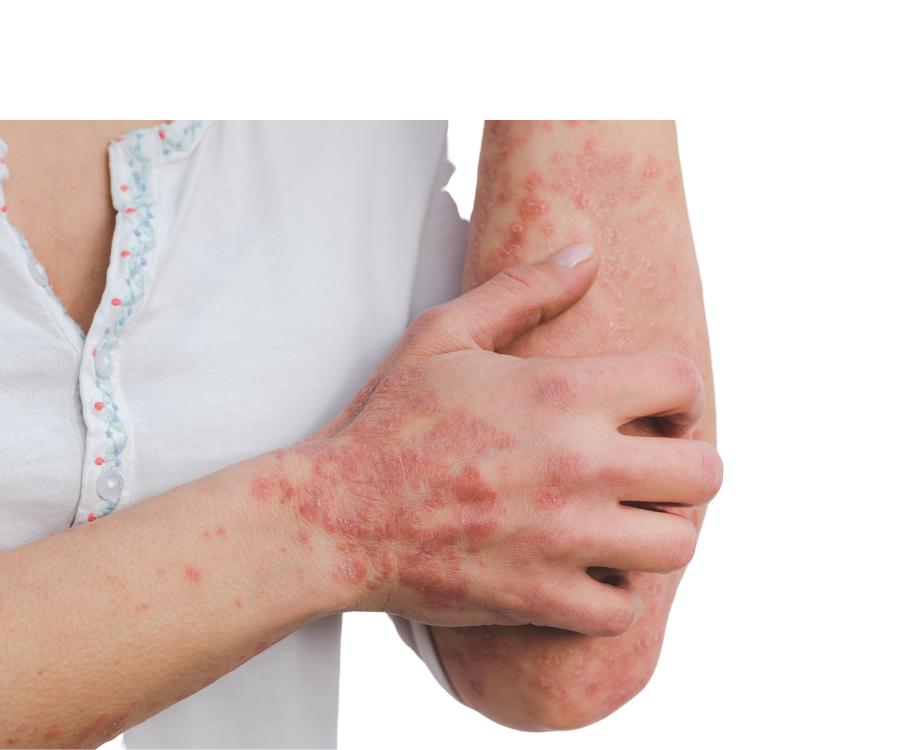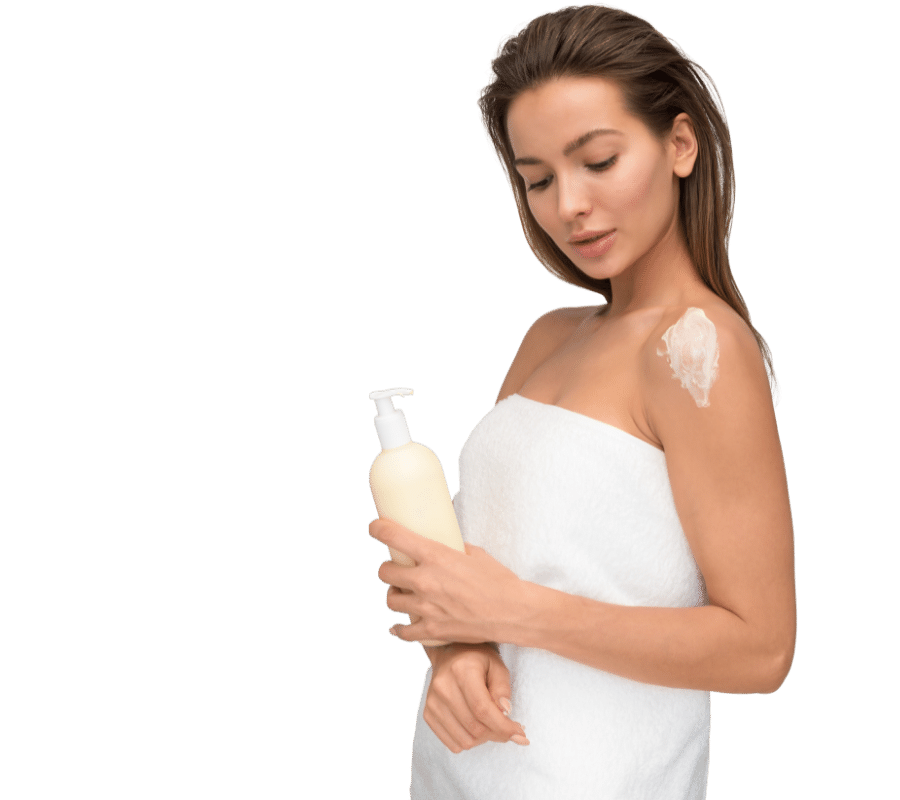Valley Dermatology
Preparing Your Skin for Winter
When the weather changes with the seasons, so should your skincare. Your skin reacts to its’ environment which gets colder and dryer in the winter months. Make sure you’re adapting your skincare habits and products as the season changes so your skin doesn’t damage in harsh weather.
Below are the recommended tips for your winter skin care plan from the professionals at Valley Dermatology!

How can the winter weather damage your skin?
Winter weather brings less humidity, less vitamin D, lower temperatures, and brisk winds, which all affect how much moisture your skin receives and retains, making your skin drier. In the winter, you’re constantly switching from cold weather outside to forced air and heat inside, which decreases humidity indoors and causes dry skin. Vitamin D from sunlight is a natural anti-inflammatory, and you are exposed to much less vitamin D in the winter because you spend less time outside in the sun.
Is it just dry skin from the winter, or something more?
When dealing with chronic or severe dry skin, it’s important to consider all of the factors before chalking it up to the weather. Outside causes of drier skin range from minor to severe.
- Age: As we get older, our skin naturally produces less oil. Usually, adults over the age of 40 have drier skin and should moisturize more often.
- Stress: Higher cortisol levels due to stress and increased sugar and caffeine intake are often results of the busy lifestyle of the holiday season. These risk factors can make pre-existing skin conditions like rosacea worse.
- Lack of sunlight: The anti-inflammatory condition psoriasis is also affected by a lack of sunlight.
If you notice any of these symptoms or any others that are outside of your normal experience, contact your dermatologists here at Valley Dermatology.

Steps to add to your skincare routine this winter to combat dry skin
Winter weather doesn’t mean that you’re destined to have dry skin all season. There are many steps that you can take to keep your skin healthy this winter.
Skip the hot bath or shower
Hot water and harsh soaps can dry out the moisture in your skin, so avoid long, hot showers. Instead, take brief lukewarm showers no more than once per day and use a gentle soap.
Moisturize right after showering
The job of moisturizing creams is to trap moisture in your skin. Take advantage of when your skin already has moisture on it, and apply moisturizer after patting your skin dry with a towel following a shower.
Use a humidifier
The air in your home is dry in the winter as well, so escaping dry air in the winter can be near impossible. To prevent this from happening, invest in a humidifier for your bedroom or any room you spend the majority of your time in.
Don’t over-exfoliate
The reason that dermatologists recommend using a gentle soap is that soap dries out the oils in your skin. Over-exfoliating can do this as well. Be extra careful if you use a hand or body soap with exfoliating ingredients. Exfoliating is not a fix for dry or flaky skin, as it strips moisture or oils out of your skin, and will even make your skin even itchier and drier.

What skincare ingredients will help you beat winter dryness?
There are certain ingredients that boost the hydrating power of your moisturizers. If you’re already taking an effort to moisturize dry skin in the winter, why not try to get the best result? Keep an eye out for these ingredients that moisturize your skin in the winter when shopping:
- Humectants, like glycerin, bind water into the outer layers of the skin.
- Emollients, such as petrolatum, lanolin, mineral oil, and dimethicone, help the skin barrier function to improve skin texture and appearance.
- Occlusives block transepidermal water loss. Examples of occlusives are oils, waxes, and butter such as petroleum jelly, argan oil, castor oil, shea butter, and more.
Hyaluronic acid is a great moisturizing ingredient that also has anti-aging effects. - Ceramides make up to ~50% of the skin lipids to form the natural skin barrier.
